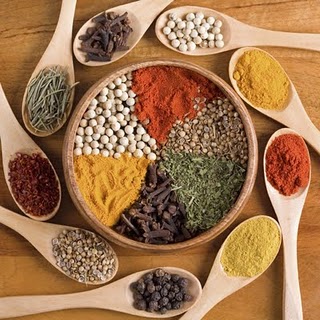The gift of a Celebrant-led wedding is a personalized ceremony that reflects the uniqueness of the couple. I may be biased, but I think there is a natural selection process—men and women who seek out celebrants tend to be particularly fascinating people. We give our clients permission to go beyond the standardized “cookie cutter” ceremonies that are prevalent in popular culture. Rather, we encourage a dynamic, creative process and plenty of “thinking outside the box.” Such was the case with a beachside wedding in September for two scholars.
My couple had a colorful story and took great care in planning every aspect of the wedding, giving each detail — the processional, attendants, flowers, music, and apparel — their own imprimatur. Two ceremonial selections were especially compelling, I thought. The bride, originally from a central European country, had a number of her family members attending—some of whom had limited comprehension of English. As such, the entire ceremony was spoken in English and her native tongue. I would speak one paragraph, followed by the translation by a family member. It was quite touching to see the responses of the bride’s family when the words were read in her mother language. Even without on-site translation, bi-lingual components can be added to a wedding with the help of tools like online translation services. This wedding addition serves to honor the ethnic origins of the participants, in an unforgettable fashion.
Likewise, my couple selected an uncommon food-related custom as part of the closing portion of the wedding. While Western weddings place great emphasis on food and drinks, it is normally reserved for lavish feasts during the reception. However, a number of religious, ethnic and cultural traditions incorporate food rituals into the wedding ceremony. Perhaps the most familiar is the sharing of wine in Jewish, French, and Greek weddings. In Chinese weddings, two goblets of honey and wine are tied together with a red ribbon and shared by the bride and groom. Greek weddings may end with honey and walnuts on a silver spoon, a sign of sweetness and fertility. Certain Middle Eastern cultures will offer sweet milk and dates during the wedding. The list goes on and on.
So, after great consideration, my couple selected a ritual, “partaking of spices,” that is tied to Africa. Four small spice bowls were filled with the elements of life: lemon juice for sorrow, vinegar for bitterness, cayenne pepper for passion, and honey for sweetness. The bride, having spent considerable time studying in Africa, was quite fond of this idea. And in typical fashion, the bride and groom customized the ingredients to most closely connect with “their story.” The vinegar was exchanged for a stout Slavic spirit and honey was replaced by one of their favorite sweet candies. This part of the program was choreographed and narrated by one of their attendants. This was a fantastic ending to a superb wedding.
It is a real pleasure working with such an outstanding couple who have rich life experiences that can inspire a memorable wedding ceremony. I am utterly certain that this bride and groom will bring the same flourish and innovation to all that they do, personally and professionally. Peace and All Good Things!


